A Guide to Finding Your Notary and Witnesses for Proper Signing of Your Documents
Disclaimer: This blog post is for informational purposes only and does not constitute legal advice. Laws change frequently and there is no guarantee that the information in this post will be applicable or correct when you read this. You should consult with an attorney to discuss your specific situation.
The execution (also known as the proper signing of legal documents) process often requires two key roles: two witnesses and a Notary Public. While I often provide these services in my office, understanding your options for finding these individuals is helpful, especially if you prefer to sign closer to home or on a tight schedule.
1. Understanding the Roles: Notary vs. Witness
Before you start looking, let's clarify why each role is important:
Witnesses (typically 2 required for a Will): Their primary role is to observe you signing your Will (and often other documents) and then sign themselves. They attest that you appeared to be of sound mind, were signing voluntarily, and that it was you who signed the document. Their testimony could be crucial if the Will is ever challenged.
The Golden Rule: Witnesses must be "disinterested." This means they cannot be a beneficiary, an heir, or often, a named fiduciary (like an Executor or Trustee) in the document. Using a disinterested witness is essential to prevent future legal challenges.
Notary Public (required for most documents): A Notary Public is a state-appointed official who acts as an impartial witness to the signing of a document. Their role is to verify your identity (using a government-issued ID), ensure the signing is voluntary, and then affix their official stamp and signature.
2. Where to Find a Notary Public
Finding a Notary is usually quite straightforward, as they are professionals who serve the general public.
Your Bank or Credit Union: Many financial institutions provide free or low-cost notary services, often for account holders. Call ahead to confirm availability and if they have any restrictions on notarizing estate planning documents like Wills or Trusts.
Local Mail & Shipping Stores (e.g., The UPS Store, FedEx Office): These retail locations almost always have a Notary Public on staff, though they will charge a fee per notarized signature.
Mobile Notaries: For maximum convenience, you can hire a mobile notary who will travel to your home or office. A quick online search for "mobile notary near me" will provide several options. This often costs more but provides flexibility.
Public Libraries or City/Town Clerk's Offices: Some public facilities offer notary services, often for free or a minimal fee. Always call in advance.
3. Where to Find Qualified Witnesses
Finding two qualified witnesses can sometimes be trickier, as they need to be independent and available at the same time as you and the Notary.
Your Neighbors or Friends: These are often the easiest and most available option. Just remember the Golden Rule: they cannot be a beneficiary or stand to inherit from your estate.
Coworkers or Professional Acquaintances: People you know and trust, but who are not involved in your estate plan, are excellent candidates.
Bank Employees (If allowed by policy): If you are signing at your bank, ask if two employees can serve as witnesses in addition to the Notary. Be aware that some banks prohibit employees from witnessing legal documents due to internal policy.
Ask Your Notary: If you hire a mobile notary, you can often ask if they have access to witnesses for an additional fee. Some professional signing services provide both roles.
A Few Critical Tips Before Signing Day
Bring Proper ID: You, the Notary, and all Witnesses will need a current, government-issued photo ID (like a driver’s license or passport).
Do NOT Sign in Advance: All documents must be signed in the presence of the Notary and/or Witnesses. Do not sign or date anything until instructed to do so at the signing meeting.
Disclaimer: This blog post is for informational purposes only and does not constitute legal advice. Laws change frequently and there is no guarantee that the information in this post will be applicable or correct when you read this. You should consult with an attorney to discuss your specific situation.
